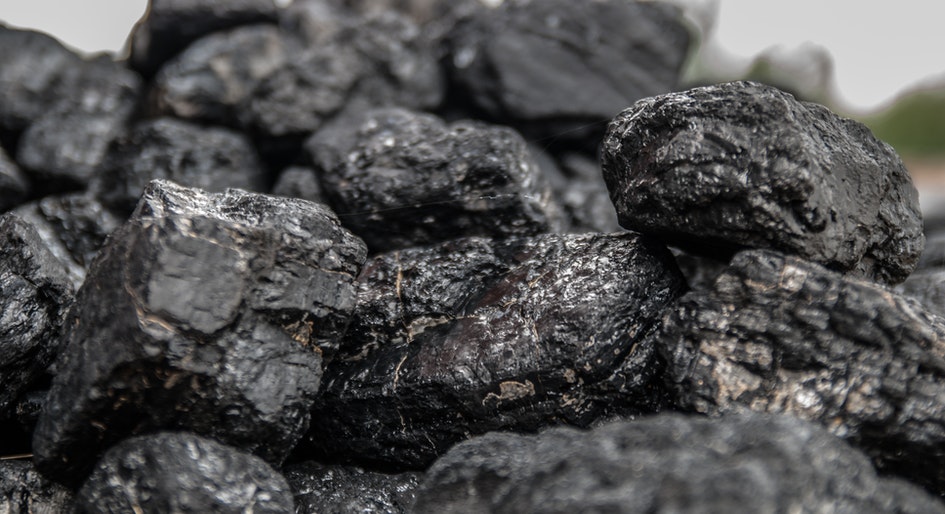The International Energy Agency (IEA) projects an 8 per cent decrease in global energy-related carbon dioxide (CO2) emissions this year as fossil-fuel-fired generators tumble offline during the COVID-19 pandemic. Newly released analysis highlights April’s dramatic drop in energy consumption as nations accounting for more than 50 per cent of global demand went into partial or full lockdown.
Coal, natural gas and oil are all currently losing significant market share due to Sunday-level energy loads throughout North America, Europe and the Asia-Pacific. Weekly energy demand has dropped an estimated 17 per cent in partially locked down regions and 25 per cent in regions under full lockdown.
IEA analysts forecast a 400 per cent drop in global oil demand and a nearly 300 per cent decline in global coal demand for 2020. Demand for nuclear fuel is expected to dip marginally, while demand for renewables climbs to about the same degree.
Renewable energy advocates see opportunities to accelerate 2019 trends, when, for the first time ever, low-carbon options surpassed coal as a source of electricity. Yet, historical evidence from past post-crisis recoveries continues to make them nervous. Energy-related CO2 emissions also dipped following the 2008 financial crisis and then surged again in step with rebounding economies.
In contrast, IEA executive director Fatih Birol urges global governments to make energy efficiency and renewable energy central to their post-pandemic economic stimulus strategies. It’s a message he conveyed in tandem with the Danish Minister of Climate, Energy and Utilities, Dan Jørgensen, at a recent virtual roundtable of government ministers and business leaders. With Canada’s Minister of Natural Resources, Seamus O’Regan, also participating, the high-profile group contemplated infrastructure and retrofit investments that could underpin green jobs, economic competitiveness and climate change resiliency.
“Putting clean energy at the heart of stimulus plans is an excellent strategy for revitalising economies while building a more secure and sustainable energy future,” Birol asserted.
“In the face of human tragedy and the plethora of consequences of the COVID-19 pandemic, we have also been handed an opportunity to rebuild society in a manner that makes it more resilient to future crises,” Jørgensen reflected. “Renewable energy and energy efficiency are both cornerstones in our fight against climate change, and at the same time both sectors have massive job potential.”






